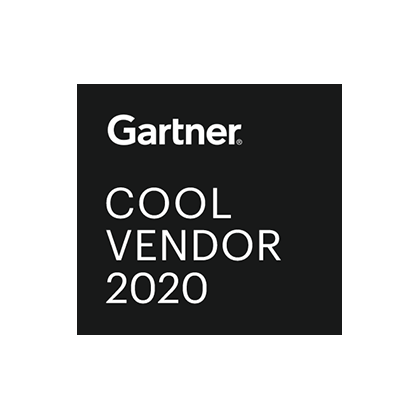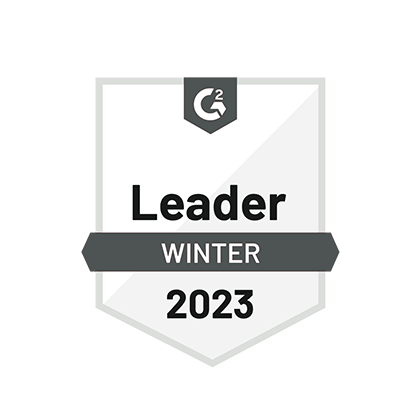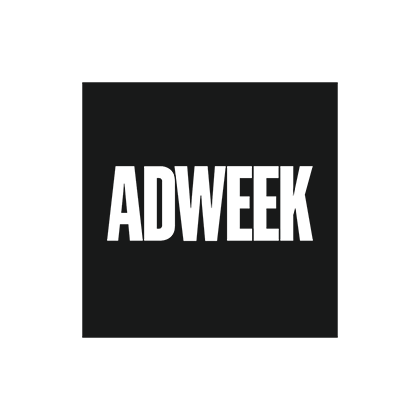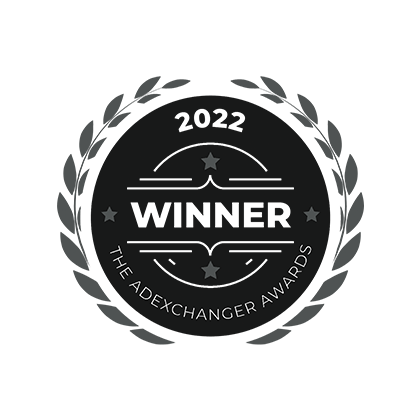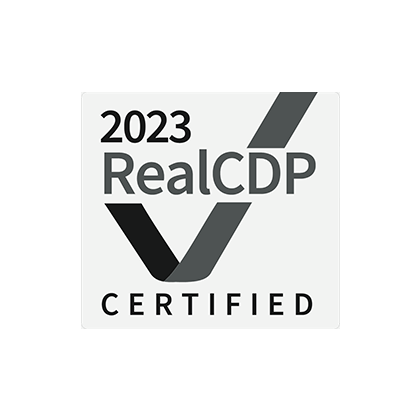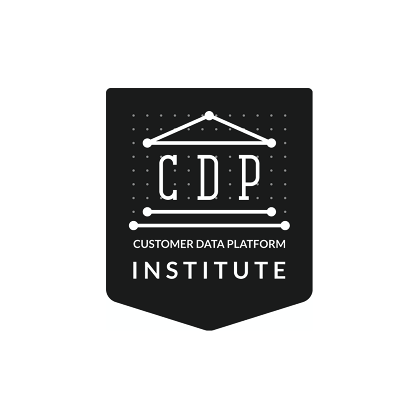On June 24th, Google made the not-unexpected announcement that it would push back the phasing out of third-party cookies from Chrome until late 2023 – a delay of over a year from the original timing of early 2022.
At Zeotap, we were among those who were unsurprised – working with solution-providers, advertisers and publishers alike, it was apparent that the original timeline for cookie deprecation had been ambitious from the start.
To begin with, such a fundamental change to how the adtech ecosystem works requires a whole new set of solutions to emerge to meet the needs of advertiser, publisher and (of course) consumer. It’s not just critical that these solutions have the time and testing to be watertight in themselves (Google’s delay in FLoC testing in Europe is case in point), but they also need to work together. The great danger that lay in the ‘cookieless future’ was fragmentation, and to make solutions interoperable and unified they need more time.
The other need for a longer timeline comes from both advertisers and publishers. It’s long been established that having a solid first-party data asset is critical for publishers (to have monetisable inventory) and for advertisers (to continue to address their customers) in order to thrive in a post-cookie environment. However, the last year has shown that this is much easier said than done. From finding new ways to collect data while fully respecting user preferences, to finding the right technologies (like a Customer Data Platform) to unify and activate it with consent baked in, this is a long and often arduous journey. Even those fastest off the starting blocks still need more time, and today’s extension makes this challenge feasible for those who are yet to begin.
At Zeotap, this means that we continue to build products that are at the forefront of the cookieless future, even if it arrives a little later than originally expected. That includes:
- our Customer Data Platform, designed to underpin the need to unify, enhance and activate first-party data
- our Universal ID, ID+, which has already formed a key role in the post-cookie world with over 60 European publishers on board to use it to monetise their authenticated inventory
The new timeline for cookie deprecation is now much more realistic, giving the industry time to work together to develop unified, interoperable solutions that inspire confidence – and giving everyone else the time to build solid first-party data assets. However, that doesn’t mean that the urgency is any less – this is only ‘enough’ time if every player continues to move at pace.
In sum, this is a healthy reminder that preparing for a world without cookies is tough, even Google needed extra time – and as such, a timely call-to-arms for everyone else in the industry to ensure that no minute is wasted.
